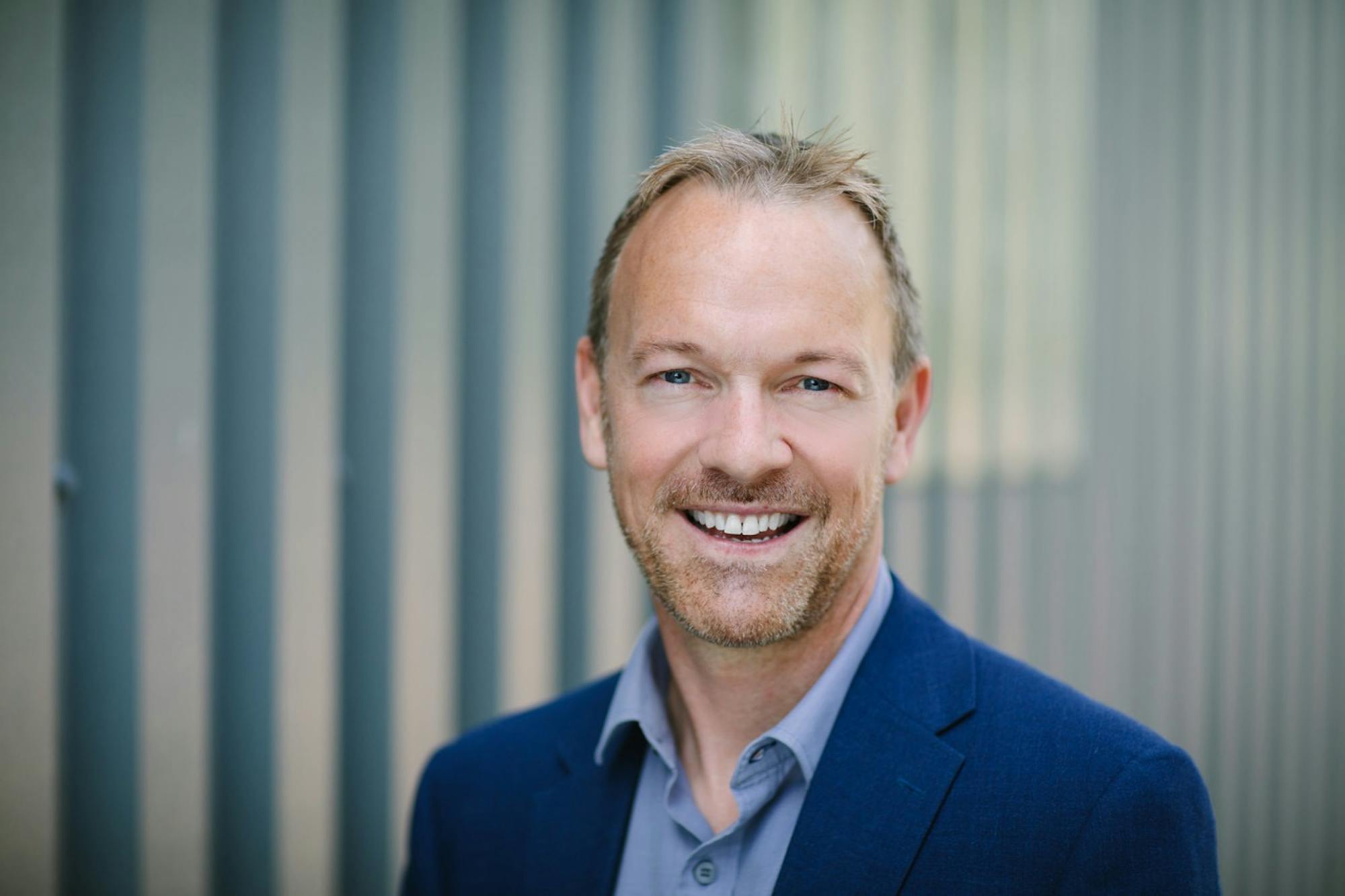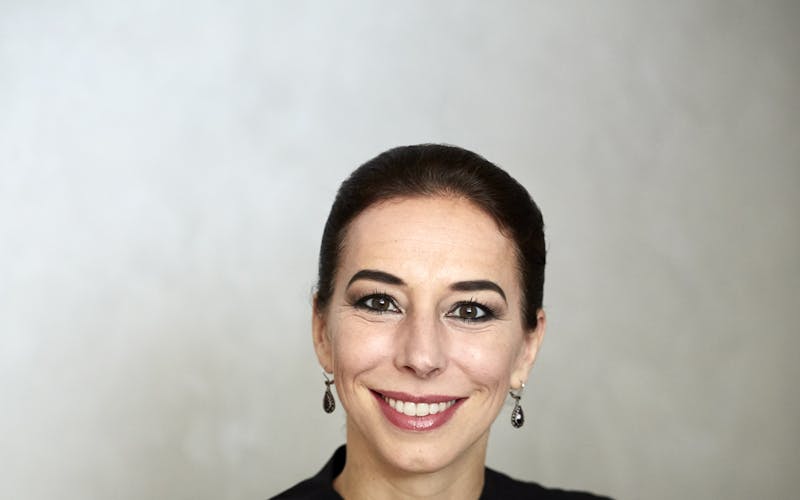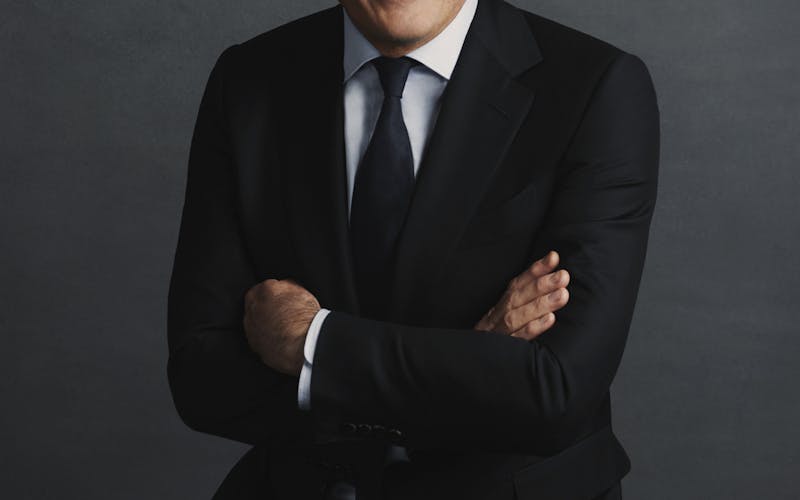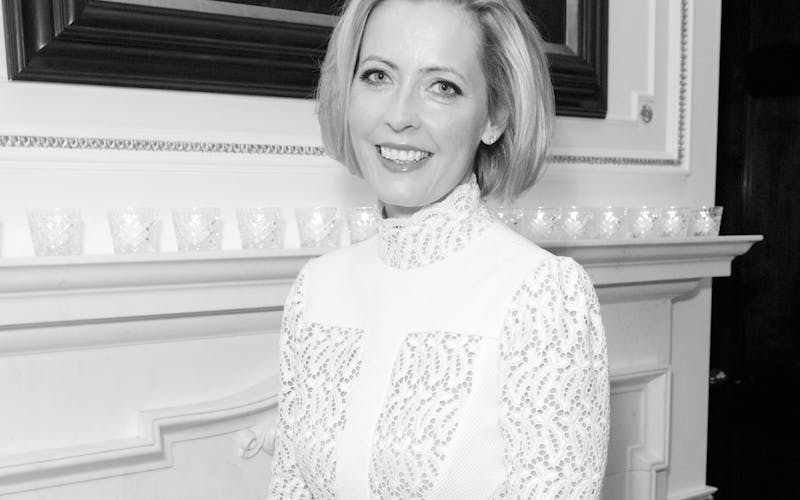

for Walpole members and
non-members available now
at The Londoner



This series spotlights senior Walpole members, many of whom are mentors or speakers on the Walpole Luxury Leaders of Tomorrow programme at London Business School - to discover their journey to getting and succeeding in the role, and any advice they have for the next generation. Interview by Diane Metcalfe, Leadership Coach.
1. Did you always want to be a CEO, and what drove you?
Actually, no. Growing up I enjoyed using my hands and making things, so I chose a career as an engineer. Early in my working life, I found out that I had more of an aptitude for understanding people and building teams, so I went down the leadership path.
Both in my personal and professional life, I’ve always pushed myself to be a high achiever. I played a lot of sport and had the opportunity to trial for England athletics at the age of thirteen, and played county rugby at sixteen. I hung my rugby boots up long ago, but continue to push myself mentally as CEO of James Cropper PLC, a global manufacturing business. No two days are the same, so I'm constantly thinking on my feet. I am naturally curious and sociable, so the variety and pace of the CEO role is a good fit for me. As CEO, you are accountable for the company's overall performance, which brings pressure and a fantastic opportunity to have a positive impact, and one aspect I really enjoy is helping others develop professionally.
2. How did you land your first CEO role?
My first divisional CEO role was with 3M, an NYSE listed multinational employing over 96,000 employees operating in the fields of Safety & Industrial, Transportation & Electronics, Health Care and Consumer. I joined as a graduate engineer and worked my way up to divisional CEO. I realised it was essential to take responsibility for my own career progression and so put myself forward for promotions. I also benefited from having several formal and informal mentors. I was with 3M for 20 years. I held a range of directorship roles which gave me valuable experience working in different markets, locations and cultures and taught me to adapt my leadership style. In 2012 I became Group CEO of James Cropper PLC. I went from a huge multinational with $32bn revenue to a family-founded AIM business headquartered in The Lake District with a turnover of £60million. It took some adjusting but being a medium-sized business means there’s nowhere to hide, and everyone’s contribution absolutely counts. I love the sense of community and being part of a purpose-driven, pioneering organisation that prides itself on doing the right thing.
3. What did you do to prepare yourself for the role, and, in retrospect, what else should or could you have done to prepare better?
To a degree, it’s always a leap of faith for any move you make personally or professionally. Whilst I did my homework, it also needed to feel right. I was inspired by the company’s heritage and the wealth of technical expertise. I asked myself how a company that invented paper for airmail is now making nano carbon fibre materials for US defence! I was intrigued by what the company could achieve and felt its potential was far from fully realised.
The decision to join James Cropper was an easy one, and it felt very natural. Reflecting on this, it was because my values were closely aligned to the company, and the move was more to do with fulfilment and purpose than personal financial gain.
To prepare for the role, I invested time meeting the team and developing relationships. One of the best decisions I made and would recommend to others is to avoid getting dragged into decision-making in the early days and use the time to review the dynamics of the company and its plans in detail. Those first few weeks as CEO are unique and time that you won’t have again. Use the honeymoon period to the maximum, even if it’s short.
As a company, we’ve evolved a lot over the years, and during my time, the market cap has risen six-fold, but sustainability has always been the main driver of our strategy and product innovation. We recently revisited our values to help us understand and align on what they mean to us today across all areas of the business. Our values guide us daily, and they are forward-thinking, caring and responsible.
I would also recommend future CEOs take on NED, trustee positions or become mentors as it’s a great way to stretch your thinking. I’m a board advisor at North West Teenage Cancer Trust and feel immensely privileged to be part of this amazing charity that has a massive impact on the lives of so many. Some of this is about giving back to a cause close to my heart, but in truth, the learnings I get from this role help me be a better leader in my day job.
4. In what way was the role different from what you expected?
In previous roles, I had been one of many thousands of employees in a highly matrixed organisation. This required substantial time to inform and influence internal stakeholders, which was poles apart from my experience when joining James Cropper. Whilst communication remained key, the ability to move at a substantially faster pace and focus more time externally was immediately apparent and intensely more satisfying. I can spend more time with customers and use this insight to help drive innovation back into the business.
5. What were your greatest challenges early on?
In my early career, like most new CEOs I was eager to make an impact quickly and show my worth. Operating across different geographies meant that sometimes I felt like a hamster on a hamster wheel, waking up to emails and calls from Asia and 18 hours later finishing up with the USA. I was determined to achieve quarterly targets expected from a large multinational corporation.
6. Did you have any internal challenges you had to overcome?
I certainly felt the pressure, but I had a bit of a reset moment when my daughter, who is thankfully fit and healthy now, became seriously ill. It was a very difficult time but helped me keep perspective about what matters in life. Yes, there’s still pressure to perform and deliver shareholder value, but it’s also good for business to look after your well-being, spend time with friends and family, and think about the bigger picture.
7. They say that it is lonely at the top. Is this something you experienced, and how did you deal with it?
There is some truth in that, especially during the tough times. In my early years as a divisional CEO, I didn’t always want to ask for help in case people saw it as a weakness. However, I’ve learnt that people generally appreciate being asked for their input, and I’m grateful to have a very supportive team around me. At James Cropper, we actively encourage people to experiment, explore ideas and seek feedback from others. It’s a more enjoyable way to work than trying to come up with all the answers yourself. Some of our best innovations come through collaborative experimentation.
Five years ago, we set up a technology and innovation team whose sole purpose was to develop a third leg of the business with very little constraints as to what this could be. This led to the formation of ColourformTM, our moulded fibre packaging replacing single-use plastic. This is now our fastest-growing part of the business, with a range of clients in the luxury space.
8. What qualities separate out CEOs from other C-Suite executives?
I’m thankful that there’s been somewhat of an awakening that a more human-centred, emotionally intelligent approach to leadership is needed today. Part of my role as CEO is to help create the conditions for people to thrive, be themselves, and remove barriers that may prevent them from doing their best work. It’s important that CEOs in particular lead by example as lots of people will be watching. It’s not just what you say, but what you do.
9. What qualities does a CEO need to be successful, specifically in the luxury sector?
When people buy luxury products or services, they expect every touchpoint to be exceptional, from the shopping experience through to the packaging. The same high standards are expected of a brand's environmental and social credentials. Leaders within luxury need to protect the reputation of the company by making sure they act responsibly. Consumers today are so much more aware of what products are made of and if they are recyclable, and many will boycott brands that aren’t stepping up. There are so many inspiring examples of how luxury brands are transforming their businesses, and we are proud to work with many of them. Paper is one of the few truly sustainable materials. There are some fantastic innovations happening to move us towards a circular economy, which is just as well because if we carry on consuming at the rate, we are today, we will need the resources of three Earths by 2050. I think we’ve finally woken up to the fact that luxury and responsible business need to go hand in hand.
10. What advice would you give someone who either aspires to or is new in a CEO role?
Try to seek perspectives that are different from your own. I make time to read range material, listen to podcasts and have found leadership courses like The Wharton Business School invaluable, not just for the content but the real-life experiences you get to share with other CEOs. Basically, never stop learning and listening!
www.jamescropper.com





